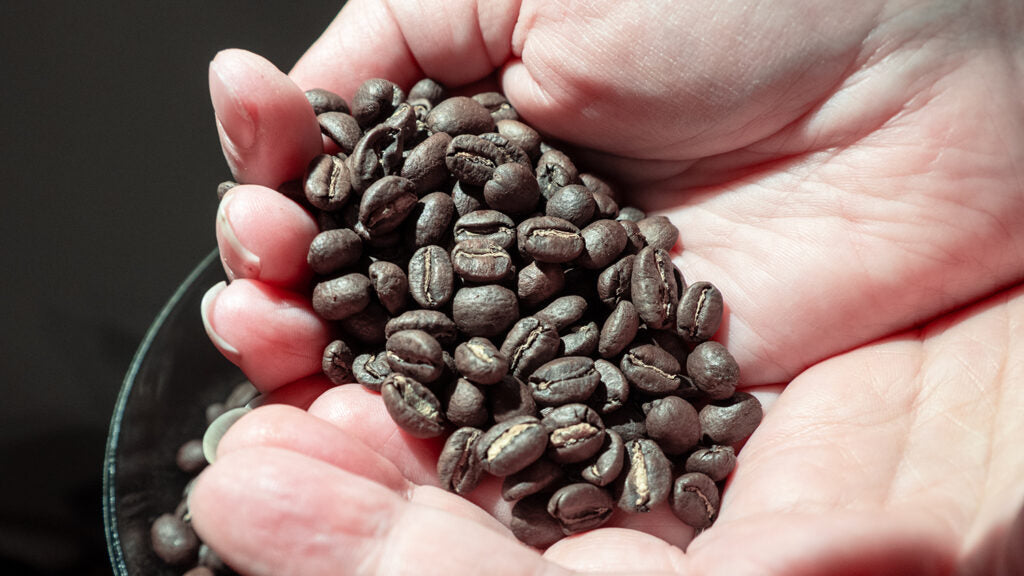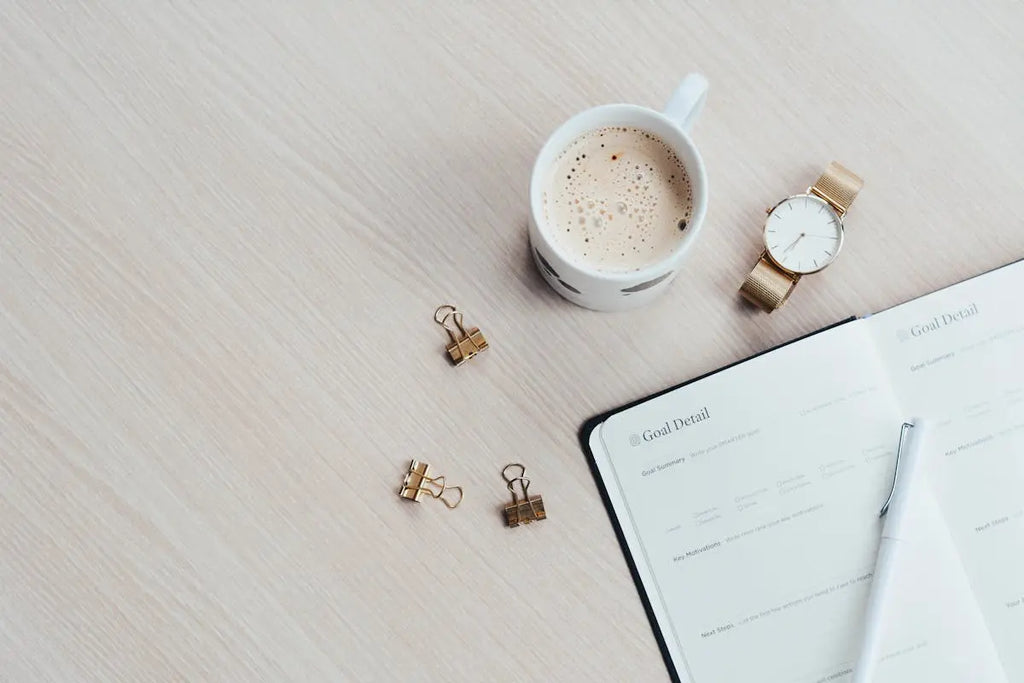
Coffee lifts your spirits in the morning, but does it bolster your health? Here’s what studies say.

Lately, any jitters from coffee beans have been coming from rising prices, not the caffeine.
Yet, there is good news for coffee drinkers amid long-abiding concerns about the beverage, especially when it comes to irregular heartbeats, also known as arrhythmias. Recent studies indicate that coffee drinking doesn’t lead to arrhythmias. Actually, there might be an association between higher coffee intake and lower risk of arrhythmias.
Researchers looked at about 400,000 people, mostly white subjects, derived from UK Biobank from 2006 to 2018. Daily coffee intake and genetic predisposition to breaking down caffeine — slow or fast metabolizers — were accounted for. This study has confirmed that higher intake of coffee is associated with lower risk of arrhythmias. Even those with a propensity to slower caffeine metabolism were not seen to be predisposed to arrhythmias. However, this association doesn’t mean that coffee prevents arrhythmias.
The weakness of this study lies in the fact that it examined self-reported intake at one point in time — what if some of these people had a change in the number of coffee drinks later?
This study must be reassuring to people who get benign palpitations after consuming caffeine-containing drinks.
On the other hand, there have been some reports that coffee consumption can cause abnormal heartbeats or arrhythmias in the atria (two of the upper chambers in the heart). The caffeine in coffee does stimulate the releases of the hormones epinephrine and norepinephrine that can raise the heart rate. Consuming caffeine and alcohol can sometimes cause an extra heartbeat or a skipped heartbeat.
So far, the preponderance of studies suggests that except in documented cases in which there was a time-dependent effect of the drink on arrhythmias, three to four cups of coffee per day would be safe. A comprehensive search of multiple studies published in the Journal of American Cardiac Council found that coffee intake doesn’t increase the risks of arrhythmias. A meta-analysis — a study that analyzes the findings of multiple single studies — of 10 single studies involving more than 700,000 individuals and 30,000 atrial fibrillation events found that coffee consumption could lower the risks of atrial fibrillation.
Should people with documented atrial arrhythmias drink coffee or caffeinated beverages? No, the recommendation is to avoid caffeine products. More studies are needed to ascertain if any of the ingredients in coffee plays a role in causing atrial fibrillation.
The thought of drinking coffee can scare us if we think about reports of the effects of pure caffeine on the heart, especially heart rate, but coffee is loaded with many beneficial chemicals besides caffeine. Coffee includes a bunch of components, such as caffestol, chlorogenic acid and theobromine, that have antioxidant and anti-inflammatory properties.
Having heard about many beneficial effects of coffee — such as an association between coffee consumption and lower rates of liver cancer in Latin America — I kept reading. A long-term study in the United Kingdom involved half a million people and followed them for about 11 years, with the endpoint being liver disease or liver cancer. In it, 78% of participants drank either caffeinated or decaffeinated coffee.
Only 3,600 of enrollees developed chronic liver disease (CLD), 5,439 had chronic liver disease or steatosis (fatty liver disease), and there were fewer than 200 cases of hepatocellular carcinoma. There were about 300 deaths from CLD at follow-up. The risks of incident CLD, incident CLD or steatosis, and death from chronic liver disease were 21%, 20%, and 49% lower, respectively, among consumers of both caffeinated and non-caffeinated coffee, after adjustments were made for alcohol consumption, obesity, age, diabetes and other risk factors. The study didn’t adjust for chronic infection with hepatitis B or C.
When it comes to high levels of coffee consumption, the law of diminishing returns did apply: Drinking more than five cups of coffee wasn’t much more protective than drinking three to four cups.
– Syed Jamal
What are the mechanisms of coffee’s protective effects on liver disease? Both caffeinated and decaffeinated coffee had the same effects, so caffeine is ruled out. Other components, such as kahweol and cafestol — present in ground, unfiltered coffee, which was the most protective against liver disease — might be play a role. Very little of the ingested kahweol or cafestol is excreted in urine, with most of it recirculating in the liver. Another beneficial component may be chlorogenic acid, a phenolic compound, but its benefits are still being evaluated.
Another useful property of coffee is that it can help with constipation. It has been found that in about 29% of a healthy young population, coffee induces bowel movements. This is akin to what happens in irritable bowel syndrome patients in whom coffee aggravates symptoms. A significantly higher proportion of women are affected in both the general population and in IBS population.
How does this bowel response occur? It takes place after about four minutes of drinking coffee, although it would take longer than that for coffee to reach the colon. It is likely that this response is mediated via receptors on epithelial cells in the stomach or small intestine. It could also be due to the release of gut hormones or neural effects. One hormone that is likely involved is cholecystokinin. Gastrin is another hormone that increases motor activity in the colon.
Which constituents in coffee might be responsible for coffee’s effects on the colon? Endorphins in coffee can bind opioid receptors. Theobromine is another ingredient in coffee, and cell culture studies have shown that it can protect against inflammatory damage to the gut from animal-based cholesterol and its oxidized product called oxysterol. It is definitely not caffeine, given that decaffeinated coffee produces the same effects.
Some studies have also examined the drawbacks of coffee drinking.
A small, short-term study looked at 100 healthy adults in San Francisco. Participants were asked to drink coffee freely on two days and abstain from coffee for two days over a 15-day period. On days when they drank coffee, activity went up in participants, but sleep went down. While coffee drinking does not cause any premature atrial contractions, it found “random assignment to coffee consumption was associated with more PVCs (premature ventricular contractions). … Individuals with fast caffeine metabolism were at higher relative risk of PVCs.”
So if people get jittery or anxious after a cup of coffee, or if they are genetically slow metabolizers, it would be advisable for those to avoid coffee. This was a short-term study and did not look at the long-term benefits or harms of coffee. This study also didn’t observe the effects of coffee on people with health problems.
Is the jury decided on coffee yet? Well, studies are still ongoing to make sure it is safe for the heart. We think it sharpens the mind and lifts our moods. On the downside, it can keep you awake longer than you might like. So far, the best advice is to talk to your licensed health care provider if you have any concerns about your coffee drinking. I, in the meantime, will continue to drink as much coffee as I do, even stealing some from my wife’s cup!
Syed Jamal teachers college-level chemistry, biology and anatomy/physiology and researches phytoremediation and cancer biology. Through its opinion section, Kansas Reflector works to amplify the voices of people who are affected by public policies or excluded from public debate. Find information, including how to submit your own commentary, here.












SYED JAMAL